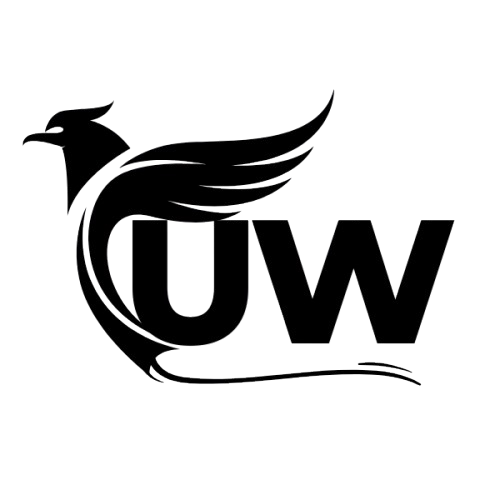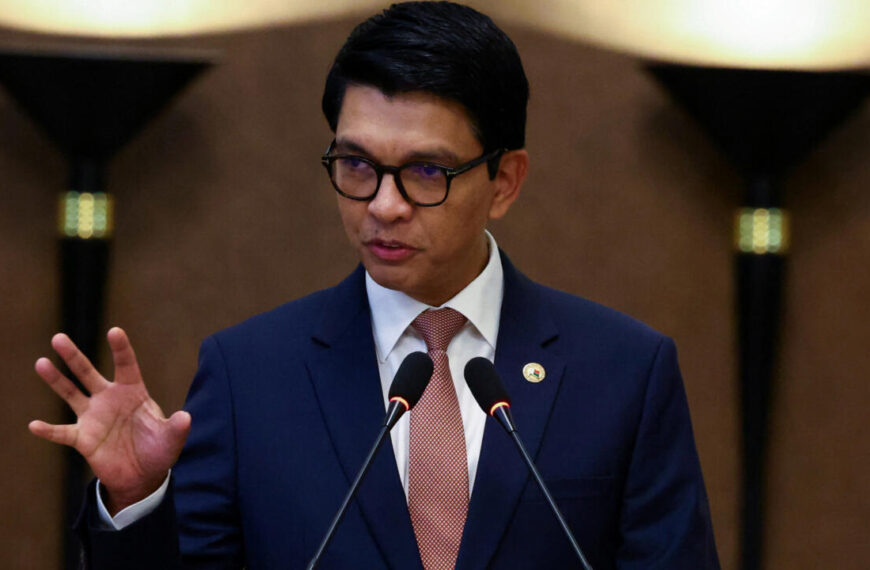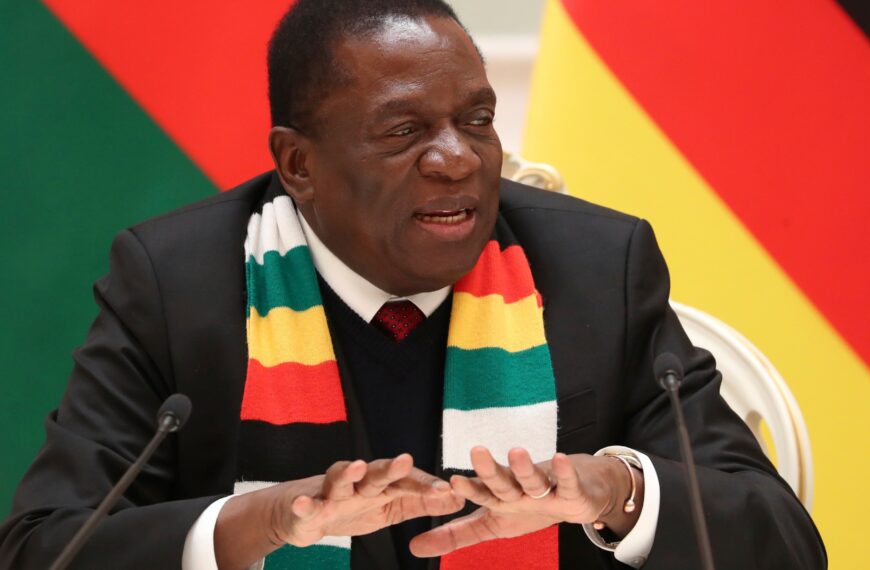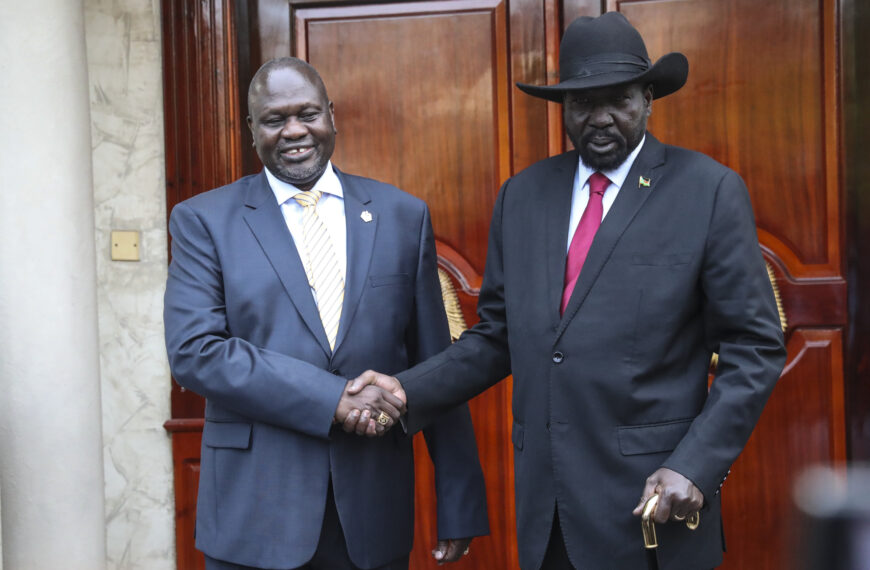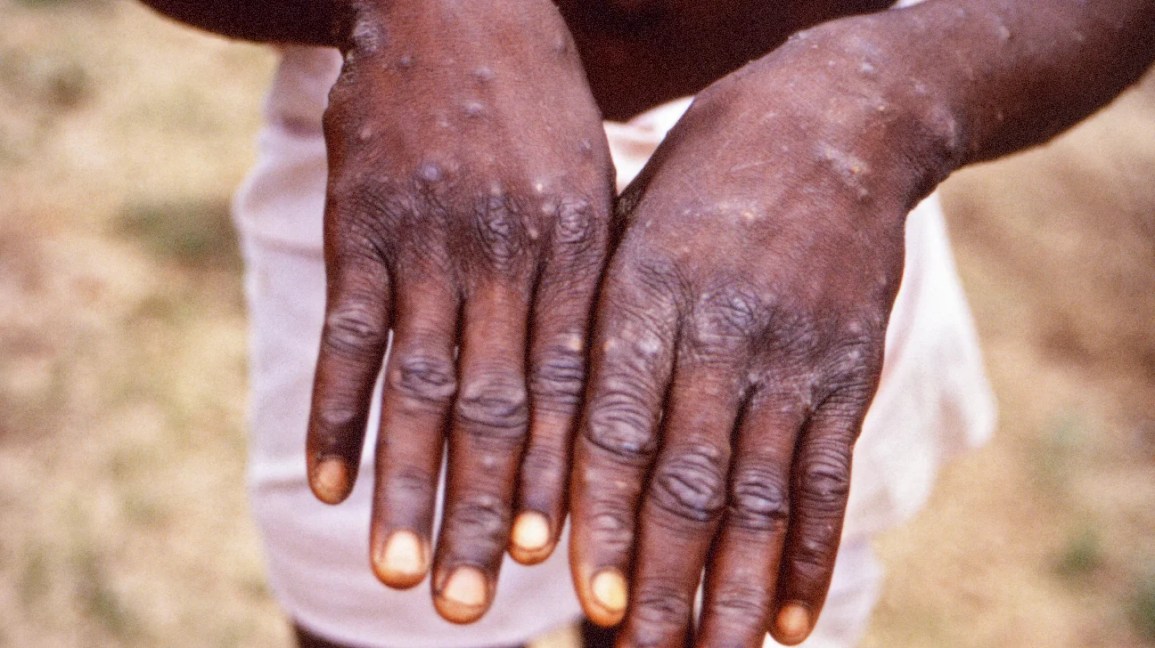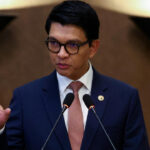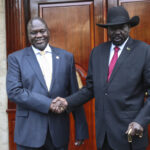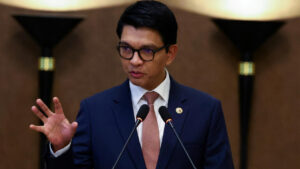
A recent report released on Thursday has shed light on the growing wealth divide across Africa, revealing that just four of the continent’s richest individuals now hold more wealth than half of Africa’s entire population combined. This deepening inequality is raising concerns about the future of democracy and social stability in the region.
Leading the list is Aliko Dangote of Nigeria, widely regarded as Africa’s richest person. His estimated net worth stands at around $13.5 billion, largely built through his cement and food production empire under the Dangote Group. Dangote has consistently ranked first on Africa’s wealth list for several years.
In second place is Johann Rupert from South Africa, with an estimated wealth of $10.3 billion. Rupert made his fortune in luxury goods, particularly through his company, Richemont, which owns well-known brands such as Cartier and Montblanc.
Nicky Oppenheimer, also from South Africa, ranks third with a fortune of about $9.4 billion. His wealth comes mainly from the diamond industry, having previously led De Beers, one of the world’s largest diamond companies.
Fourth on the list is Nassef Sawiris from Egypt, with an estimated net worth of $8.7 billion. He has built his wealth through construction, chemicals, and investments in international firms, including a significant stake in Adidas.
According to the report, these four individuals alone control wealth that exceeds the combined holdings of around 750 million Africans—roughly half of the continent’s population.
The study also points out that Africa now has dozens of billionaires, a dramatic increase from the year 2000, when there were none. While a small number of individuals continue to amass wealth, many ordinary citizens face worsening poverty, unemployment, and a lack of essential services such as healthcare, education, and electricity.
The authors warn that this concentration of wealth poses a threat to democratic systems, as it may allow the super-rich to exert influence over political decisions and weaken public institutions.
As a solution, the report recommends fairer taxation policies, such as wealth taxes and higher taxes on large incomes, to redistribute wealth and fund social services. It argues that these steps could help reduce inequality, strengthen public services, and support democratic governance across the continent.
Without decisive action, the report warns, Africa may face increased social unrest and economic instability in the years ahead.

